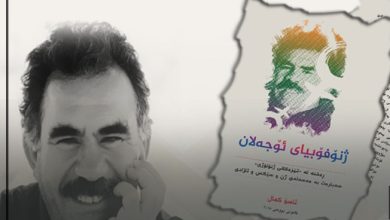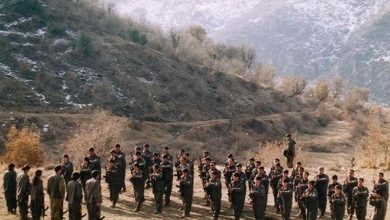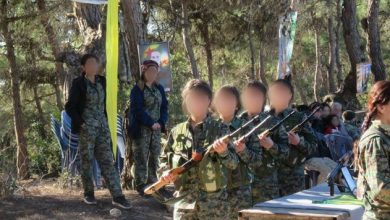By: Hossein Pejman, PhD researcher in Public Law
The right to housing is one of the basic human rights. This means human beings should have proper housing and shelter. The Universal Declaration of Human Rights and the International Covenant on Economic, Social and Cultural Rights also recognize this right and emphsize on it. The constitutions of many countries have emphasized the matter and taken this into account. Apart from having a proper shelter, the respect of houses and shelters is another aspect of this right, which has been severely considered since ancient times. It is said that the law of Hammurabi, as the oldest law in the world, disrespecting this right may face the death penalty.
If the right to housing is violated, it will have many consequences for human beings, including the fact that without shelter, human beings will not be able to exercise their other obvious and basic rights. Without shelter, starting a family or being able to grow physically and spiritually will be very difficult or even impossible. Therefore, this right is considered as one of the most basic human rights, which will be an introduction to the realization of other human rights. The spiritual character of human beings and their peace of mind will be greatly affected by homelessness and by the violation of this right. This self-evident right has manifested itself not only among religions, but even in customary law.

Having housing alone may be a step towards realizing this right, but it is not enough today. The right to adequate housing is introduced as one of the desirable standards of living. Governments have a duty to pay attention to this right and should strive to enable their people to achieve this right. Article 31 of the Iranian Constitution also states that having adequate housing is the right of every Iranian individual and family. The government is obliged to implement this principle by giving priority to those who are most in need, especially the villagers and workers.
This right is also implicitly mentioned in Article 43 of the Constitution and is considered among the basic needs. This right is also enshrined in many international treaties, including; the Universal Declaration of Human Rights, the International Charter on Economic, Social and Cultural Rights, the International Charter on Political and Individual Rights, the International Covenant on Civil and Political Rights, the Convention on the Rights of the Child and many others emphasize it. The right to housing, as defined by the United Nations Committee on Economic, Social and Cultural Rights in 1991, is not limited to the right to live and means the right to live in a safe and secure environment with respect for human dignity. Article 25 of the Universal Declaration of Human Rights states: “Everyone has the right to a fair and adequate standard of living for the health and well-being of himself and his family. This right includes food, clothing, housing, health care, essential social services, and the right to security and protection against unemployment, illness, disability, widowhood, old age, and other conditions that impede access to a decent life.
Given the importance of this fundamental right, the armed groups such as the PKK/PJAK have somehow deprived their members of this right by kidnapping children or deceiving young people and adolescents and transferring them to mountains and unsanitary and non-standard caves and burying them under alternating avalanches. Although the right to housing is just one of the most neglected and trampled rights among these inhumane acts, it is one of the most important. In the meantime, people are forced to live a guerrilla life without comfort and away from their families, and they do not have access to suitable housing for their further development. Many Iranian Kurdish teenagers live in endangered PKK/PJAK sanctuaries.
Certainly, this definition does not agree with the definition of the right to housing and its conditions, and it undermines this fundamental right and the international institutions and governments involved in this matter are obliged to enter this field and should do their best to prevent the armed groups from recruiting children by threatening, intimidating, deceiving, coercing and other means to undermine this right. It is certain that violating this righ as a prelude to building a bright future for generations endangers the future of humanity.






